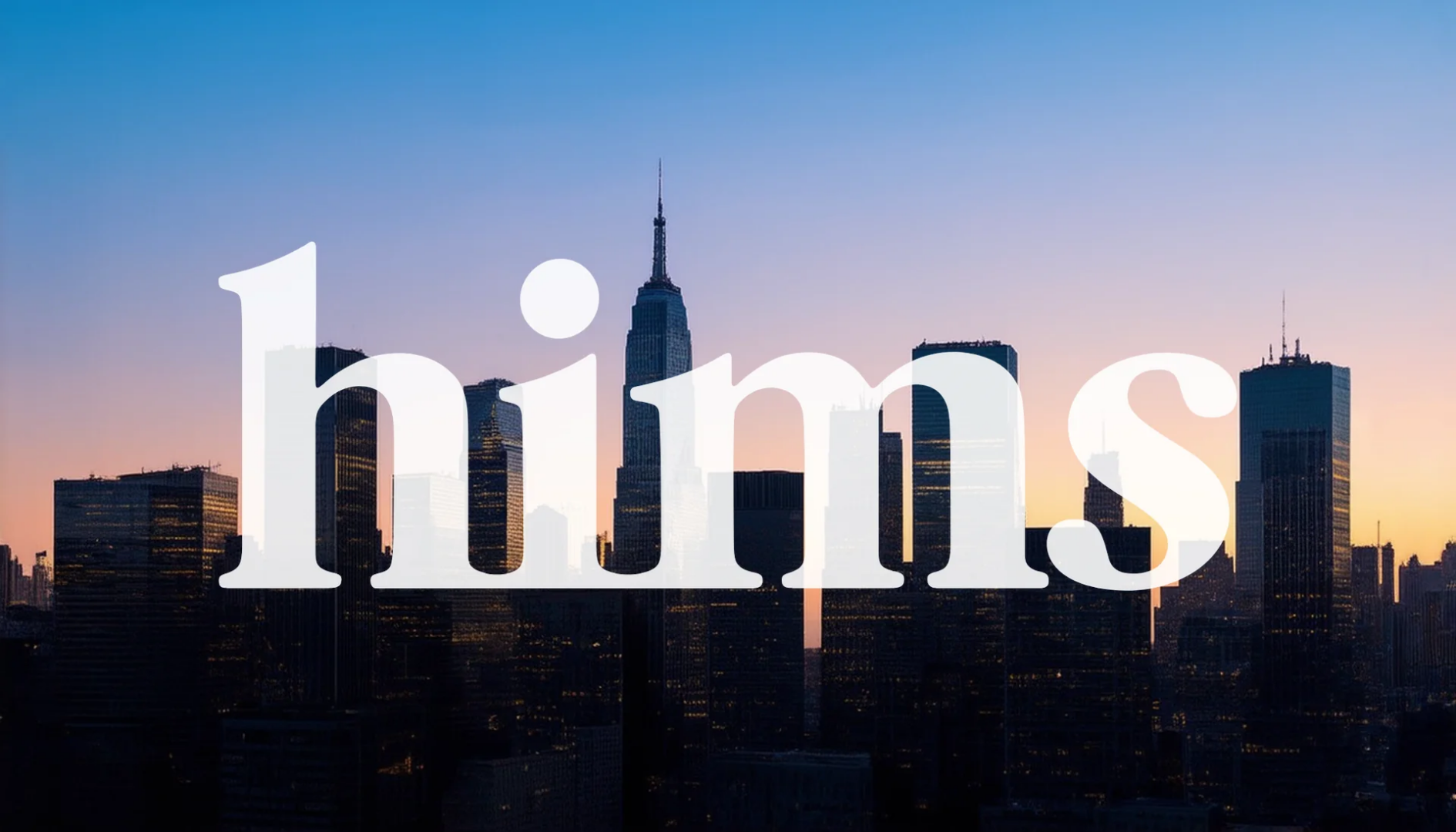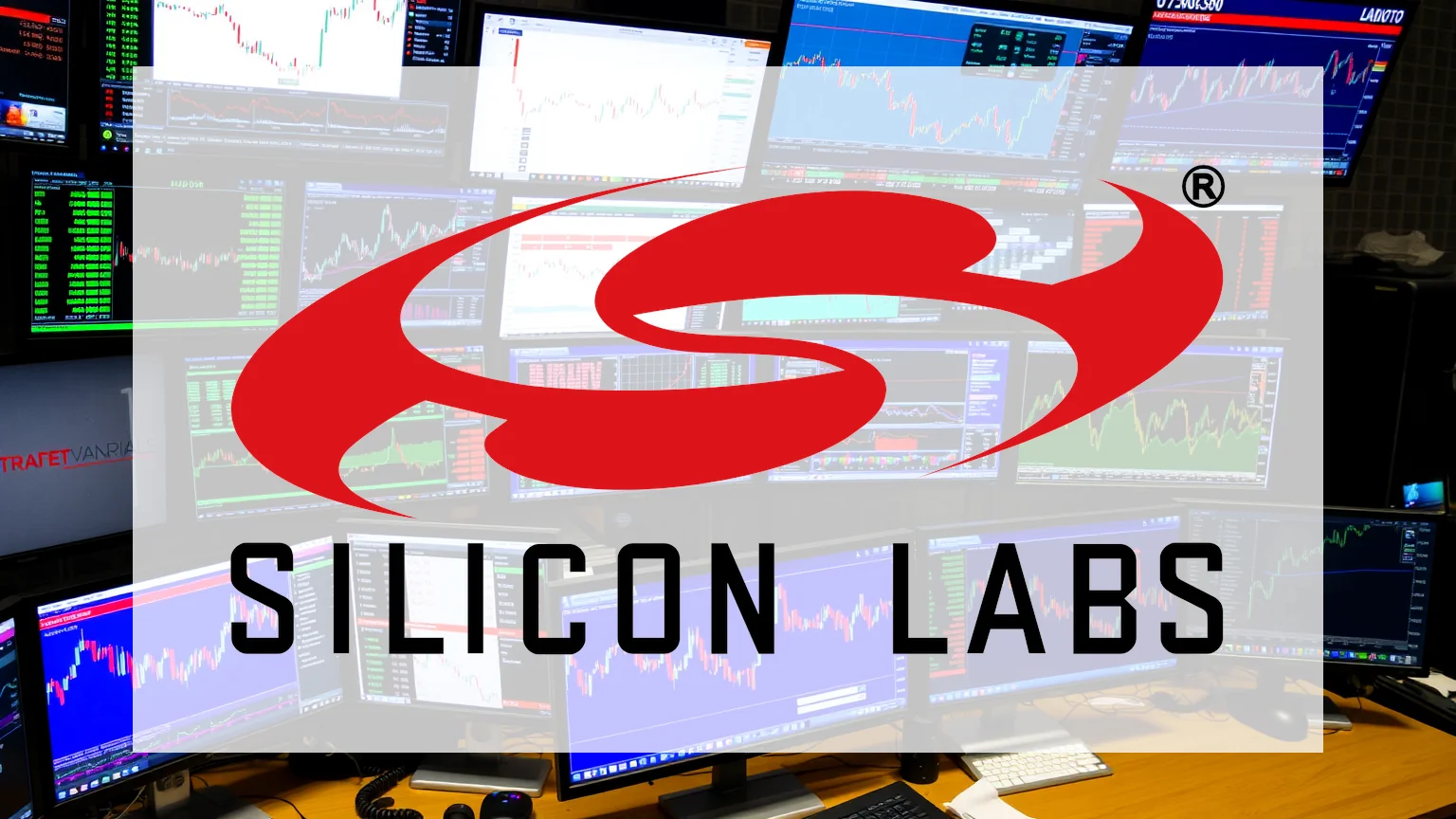Walgreens shareholders are navigating a complex landscape as the pharmacy giant completes its transition to private ownership while confronting substantial new legal challenges. The simultaneous occurrence of a major lawsuit and the finalization of the company’s privatization creates a precarious situation for investors.
Final Quarterly Report Precedes Ownership Shift
Market observers are anticipating what will likely be the final quarterly earnings report from Walgreens as a publicly traded entity, scheduled for release on October 8. These Q4 2025 financial results will provide the last comprehensive view into the company’s operational performance before its complete withdrawal from public markets. Particular attention will focus on how ongoing legal pressures have affected business operations during this transitional period.
Multi-Million Dollar Opioid Litigation Emerges
Complicating the ownership transition, a trust established through Rite Aid’s bankruptcy proceedings has initiated legal action against Walgreens. The lawsuit, filed on October 3, seeks damages potentially reaching tens of millions of dollars.
At the heart of the dispute lies whether Walgreens bears responsibility for more than 1,600 opioid-related claims connected to former Rite Aid locations. The litigation centers on Walgreens’ 2017 acquisition of Rite Aid stores, with the trust asserting that the company assumed legal liabilities associated with those properties. The plaintiff contends that allegations of improper opioid dispensing practices should be included among these transferred obligations.
Should investors sell immediately? Or is it worth buying Walgreens Boots Alliance?
Walgreens has refuted these claims, maintaining that the lawsuits address corporate-wide policies rather than operational matters specific to the acquired locations.
Privatization Terms Deliver Immediate Value with Future Potential
The company finalized its privatization on October 6, marking its departure from public trading platforms. This corporate restructuring provides shareholders with:
- An immediate cash payment of $11.45 per share held
- One Contingent Value Right (CVR) for each share owned
- Potential additional payments through the CVR instrument, contingent upon future developments
However, the financial implications of the newly filed opioid lawsuit could substantially influence Walgreens’ fiscal health, potentially affecting the value proposition of the CVRs distributed to former shareholders.
The convergence of these significant legal and corporate governance developments creates unprecedented challenges for stakeholders during this pivotal moment in the company’s history.
Ad
Walgreens Boots Alliance Stock: Buy or Sell?! New Walgreens Boots Alliance Analysis from February 7 delivers the answer:
The latest Walgreens Boots Alliance figures speak for themselves: Urgent action needed for Walgreens Boots Alliance investors. Is it worth buying or should you sell? Find out what to do now in the current free analysis from February 7.
Walgreens Boots Alliance: Buy or sell? Read more here...











